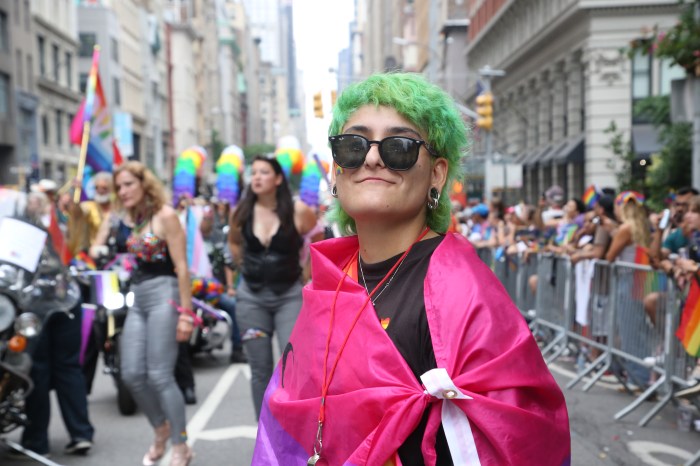New York City has the third-highest number of wrongful convictions in the nation, and barriers such as current state laws make it harder for innocent people who plead guilty and don’t have the benefit of DNA evidence to challenge their convictions in court.
A bill that passed the state Assembly, but stalled in the state Senate, would’ve allowed individuals convicted of a crime to petition the court for post-conviction relief if DNA evidence emerges.
Advocates say that post-conviction relief provides a framework that few cases can meet, even as huge numbers of people plead guilty for reasons other than actual guilt.
Ninety-eight percent of convictions in New York are the result of guilty pleas. According to the National Registry of Exonerations, more than 20% of the more than 3,000 people who have been exonerated since 1989 pleaded guilty despite their innocence.
New York is also one of just five states in the U.S. that does not provide a right to an attorney in post-conviction cases –which would be granted to a convicted person if the bill passes — trailing states like Texas and Alabama.
The Innocence Project, which works to free those innocent and wrongfully convicted, notes that wrongful convictions disparately affect Black people, in large part, because they are policed more heavily, often presumed guilty and frequently denied a fair shot at justice.
Black people account for 40% of the approximately 2.3 million incarcerated in the U.S. and nearly 50% of all exonerees — despite making up just 13% of the U.S. population, according to the Innocence Project and data compiled by the Prison Policy Initiative and Michigan University law studies.
Post-conviction relief has been a hot topic issue since the U.S. Supreme Court’s controversial decision on the Shinn v. Martinez Ramirez case. Argued Dec. 8, 2021 to May 23, 2022, the court concluded in a 6-3 ruling that federal courts can’t consider evidence that was not introduced at a state level for ineffective-counsel claims.
That means if a prisoner is trying to argue that the legal counsel they received wasn’t helpful or failed to represent them, they have to present their evidence before the case reaches federal court.
“In the last 33 years, 331 people have been exonerated in New York state — and the recorded cases are just the tip of the iceberg,” said Quart. “By removing procedural barriers and enshrining into law the right to a hearing and an attorney in post-conviction cases, we can ensure a working pathway to exoneration exists.”
New bipartisan polling has shown 87% of likely Democratic voters and 63% of likely Republican voters support the measure.
This story was updated on June 22 at 12:05 p.m.
Reach Robbie Sequeira at rsequeira@schnepsmedia.com or (718) 260-4599. For more coverage, follow us on Twitter, Facebook and Instagram @bronxtimes





















